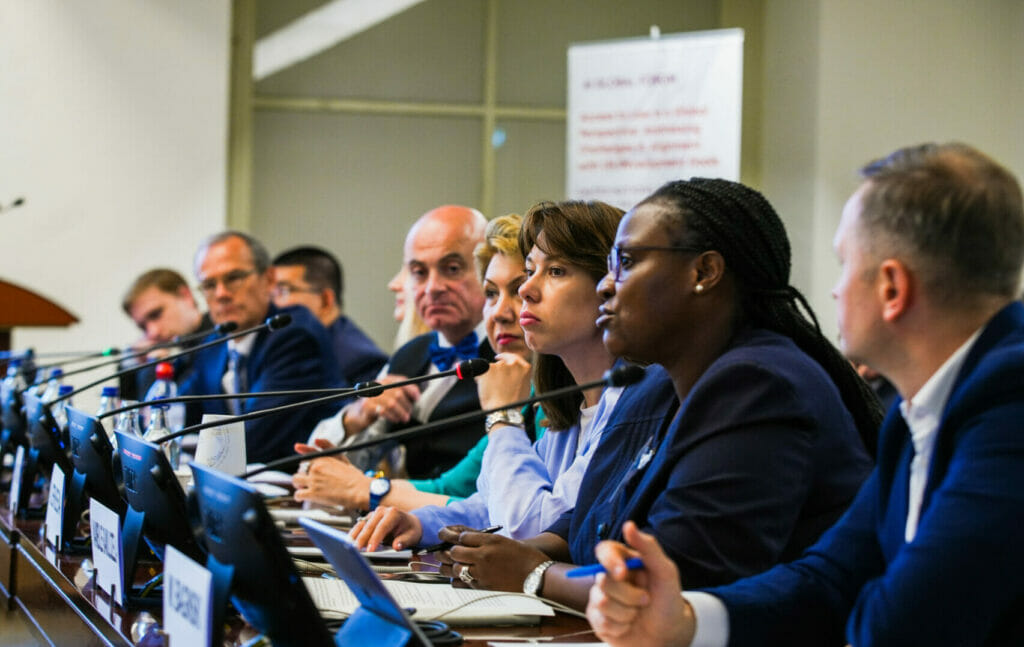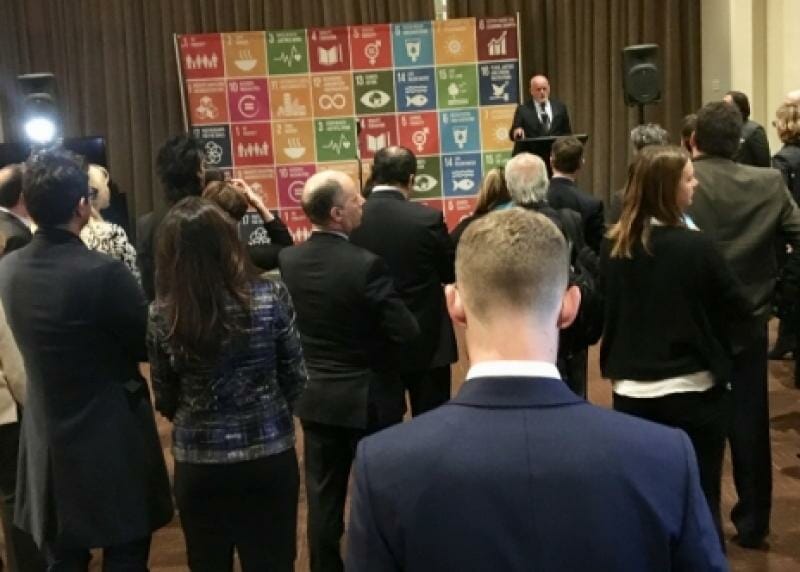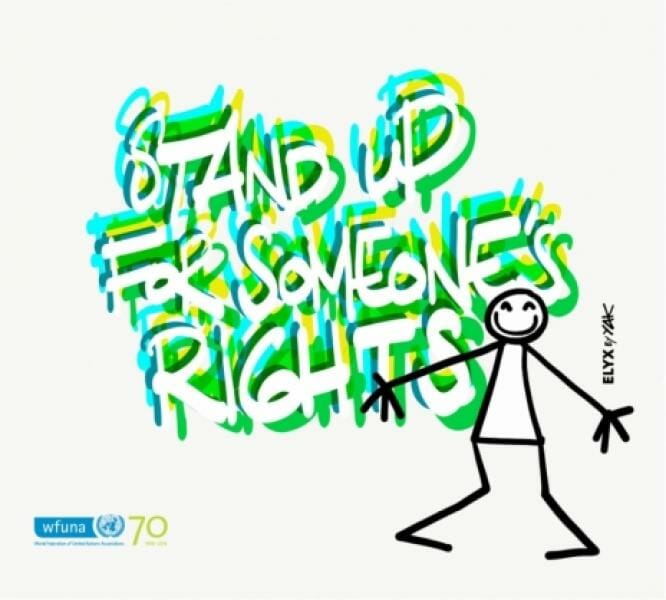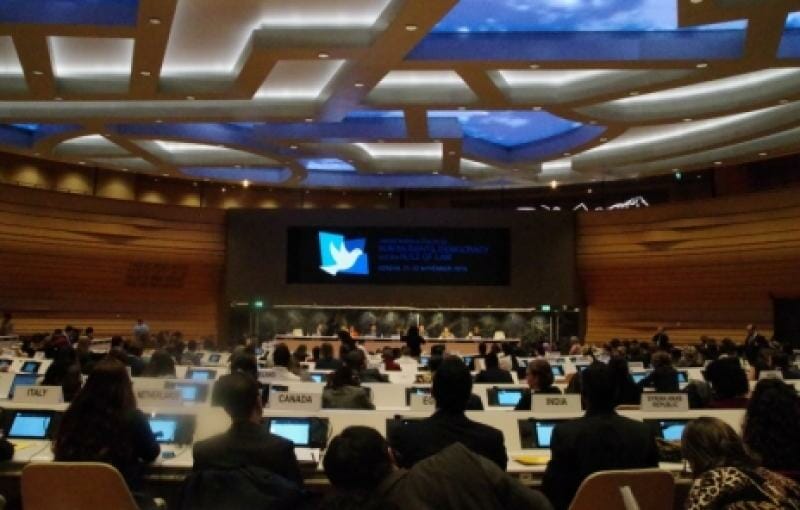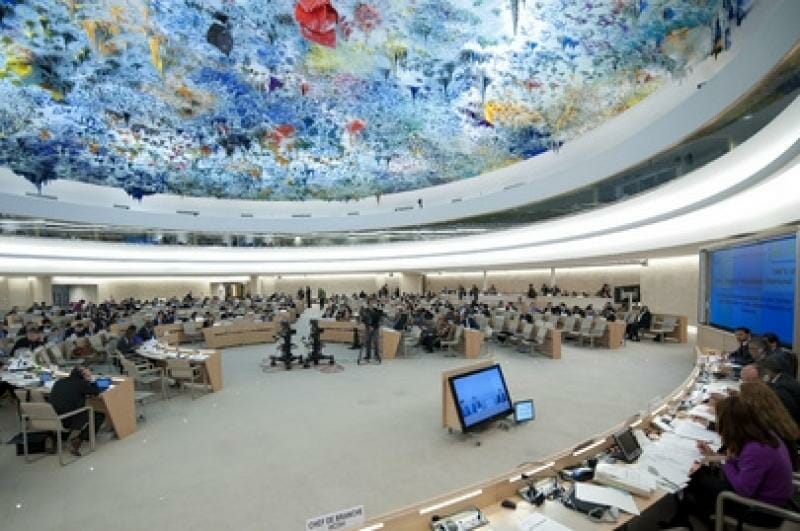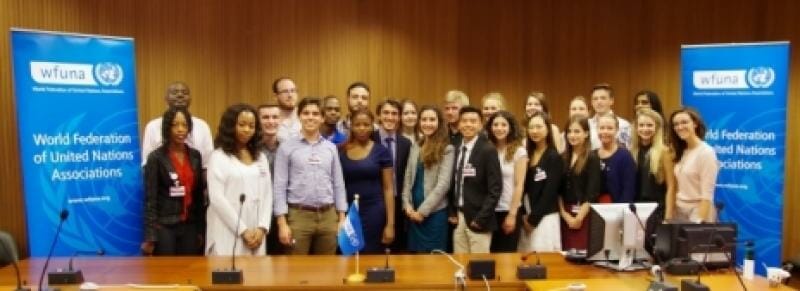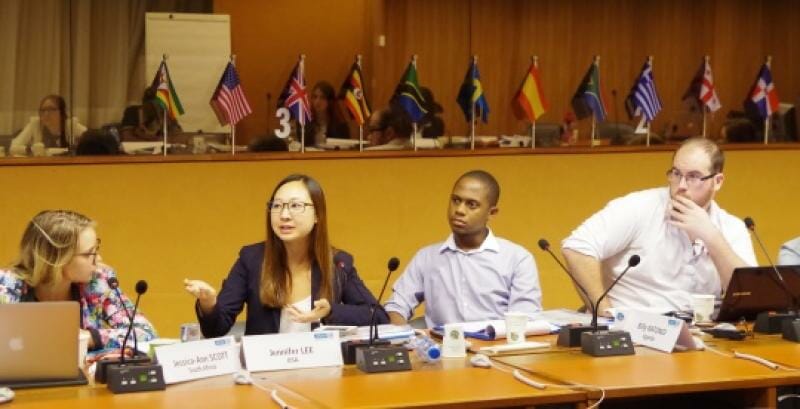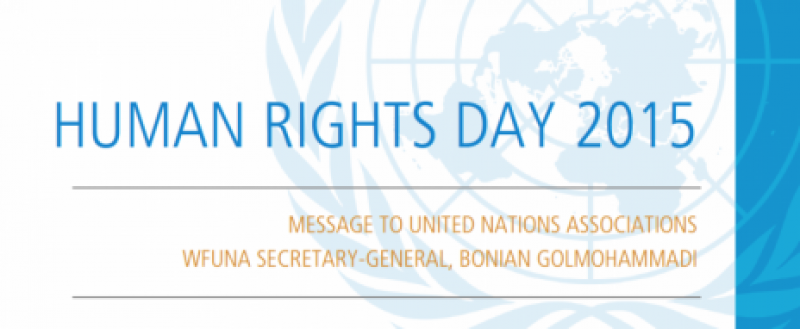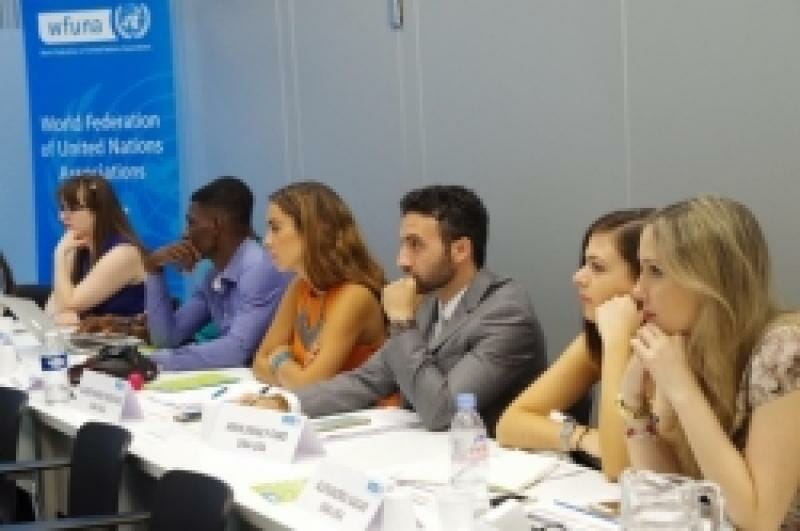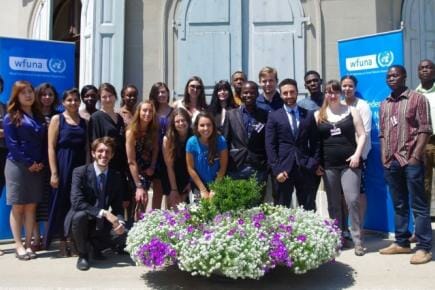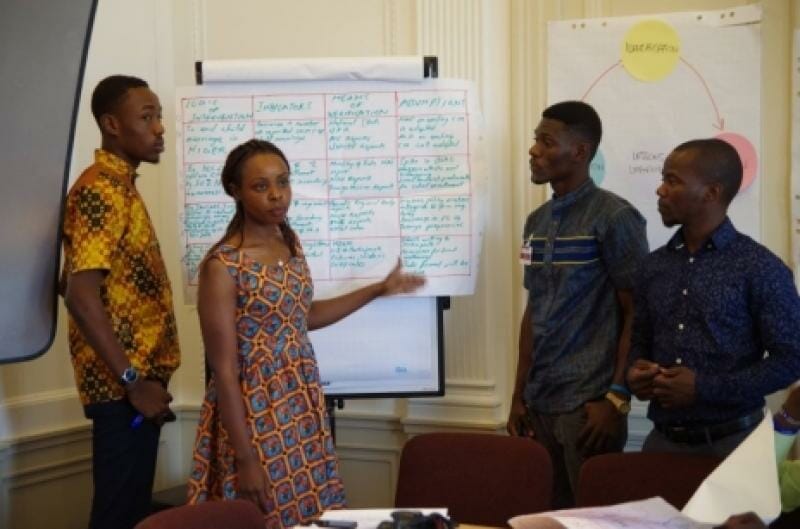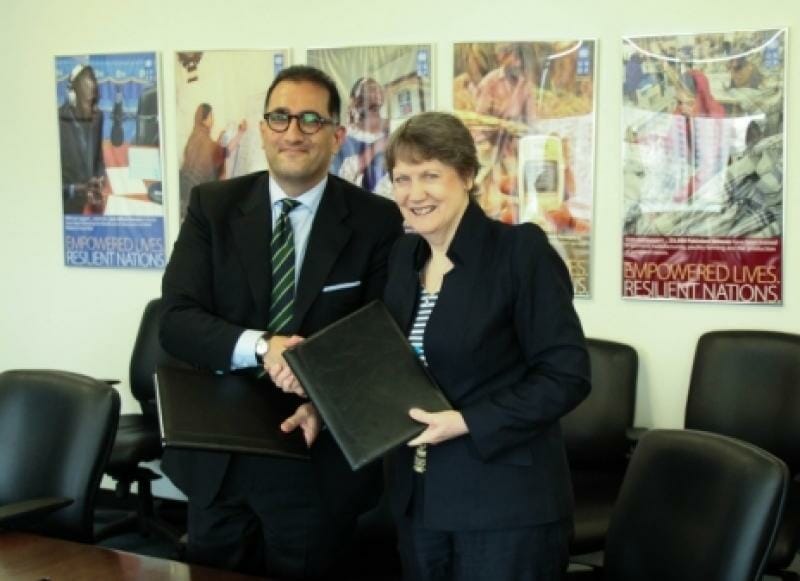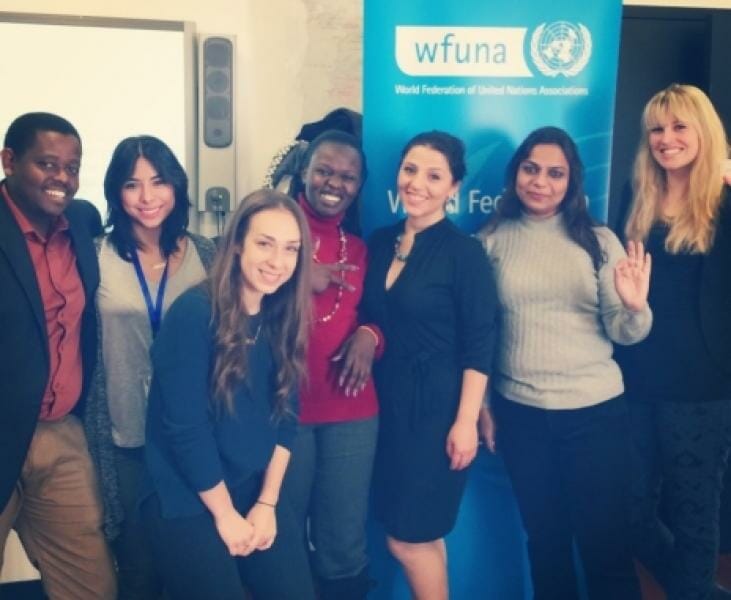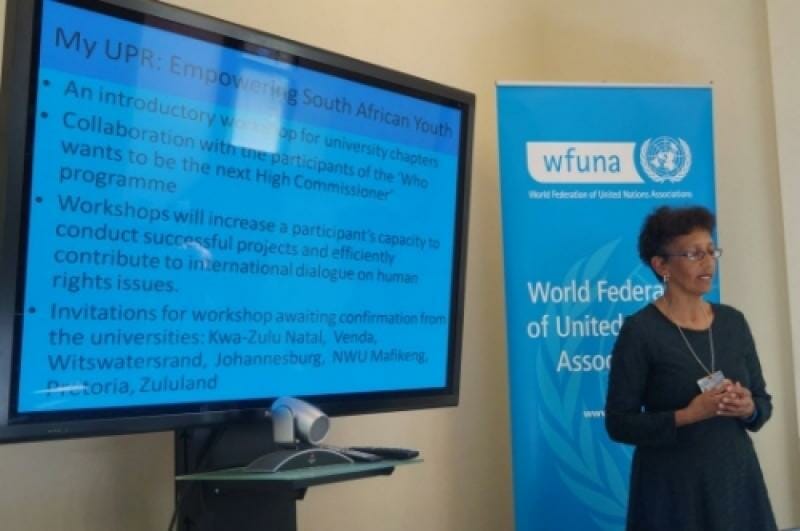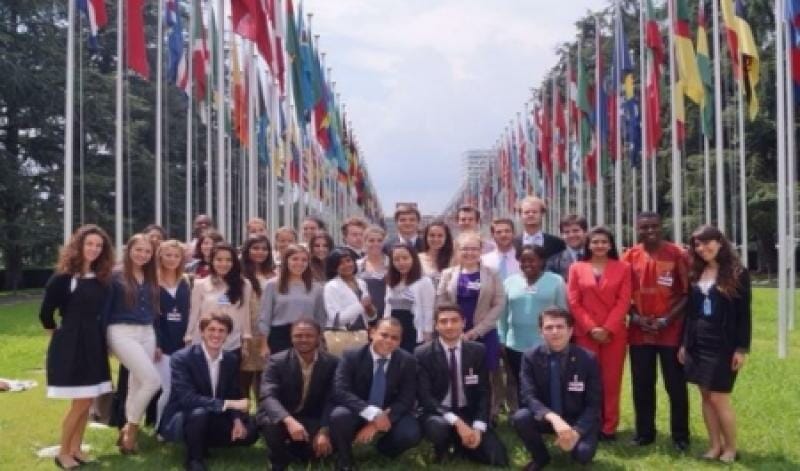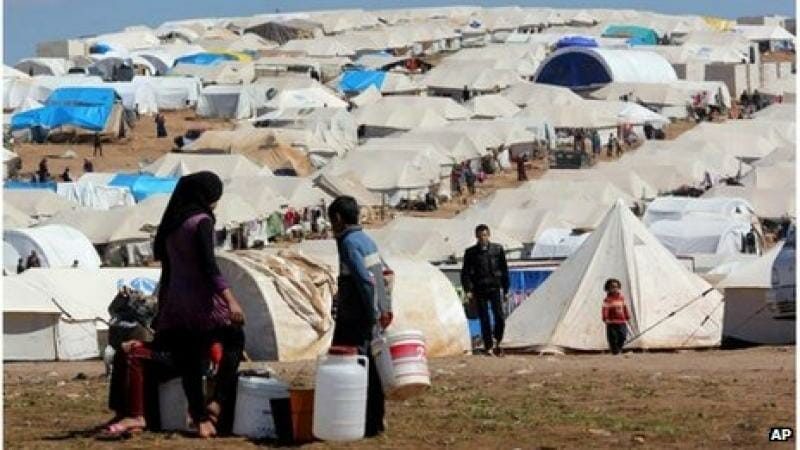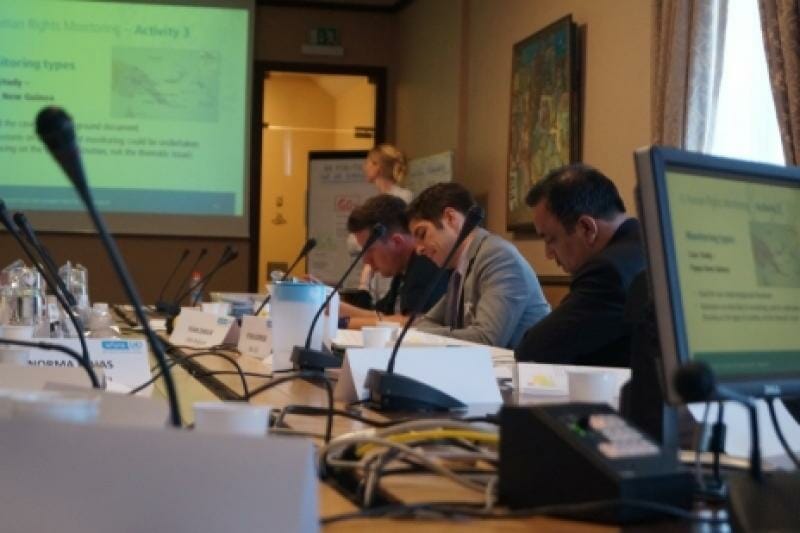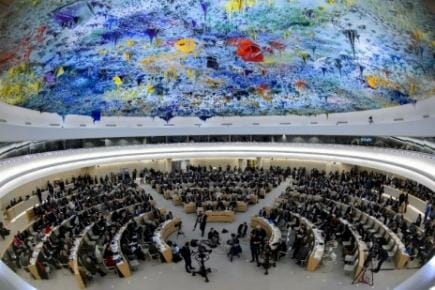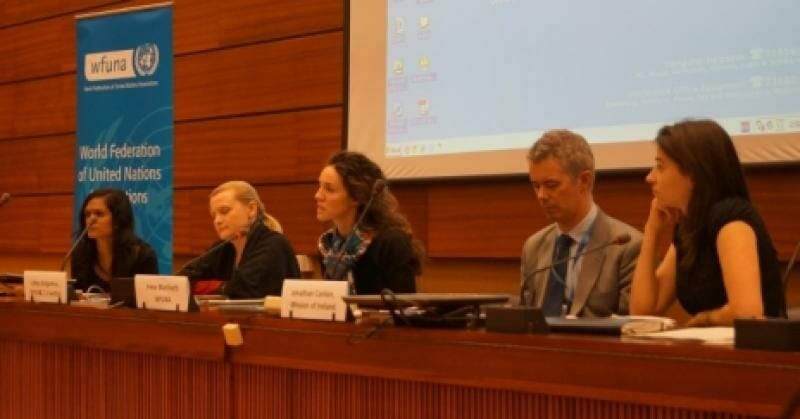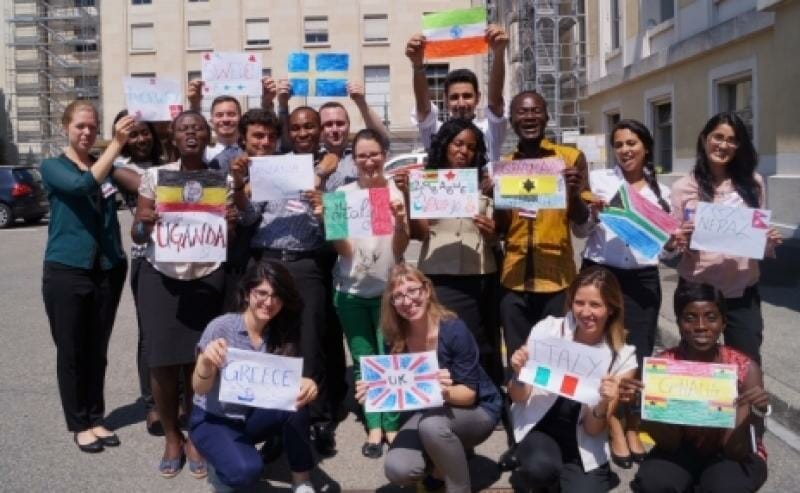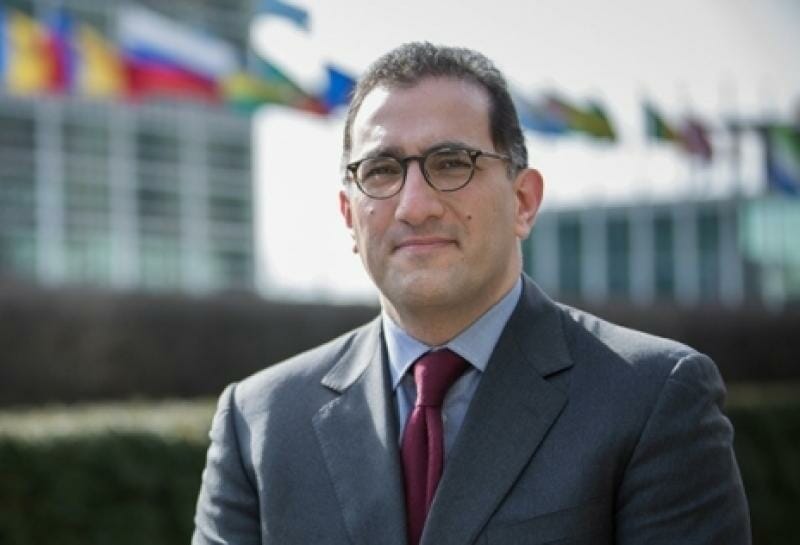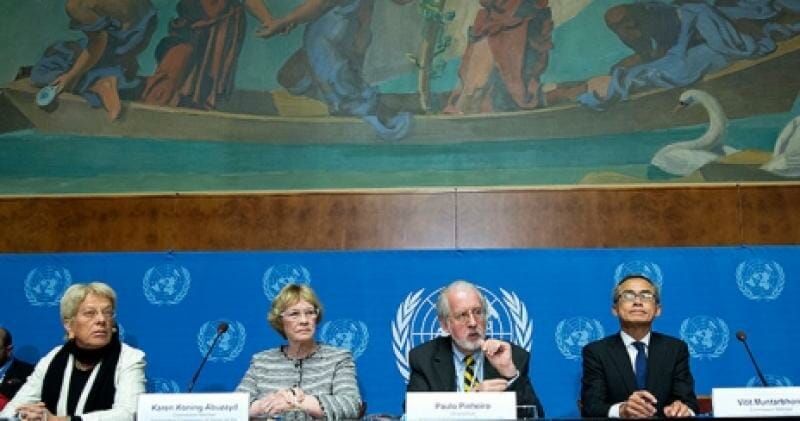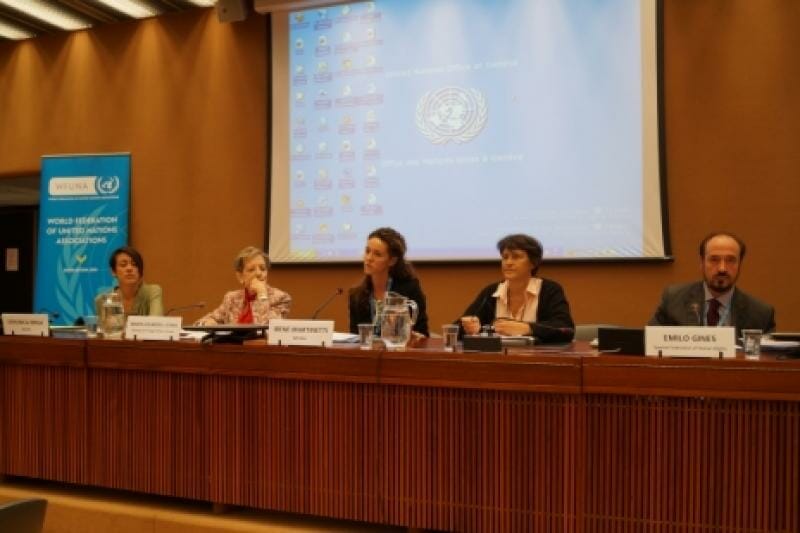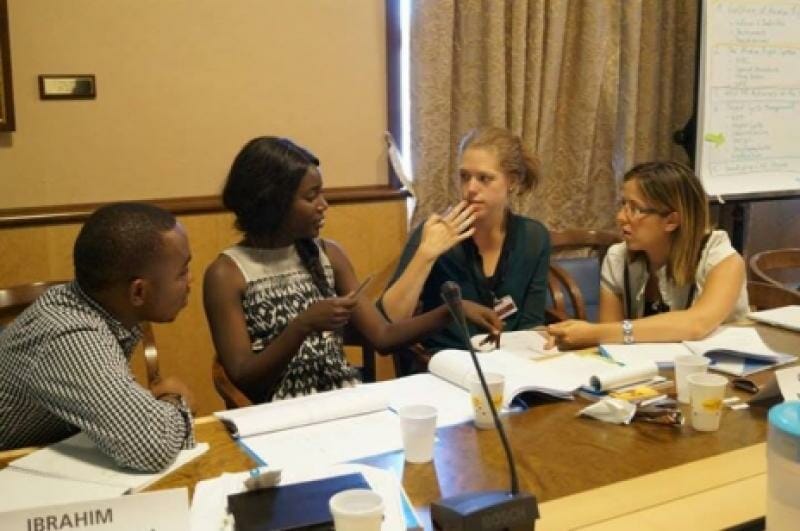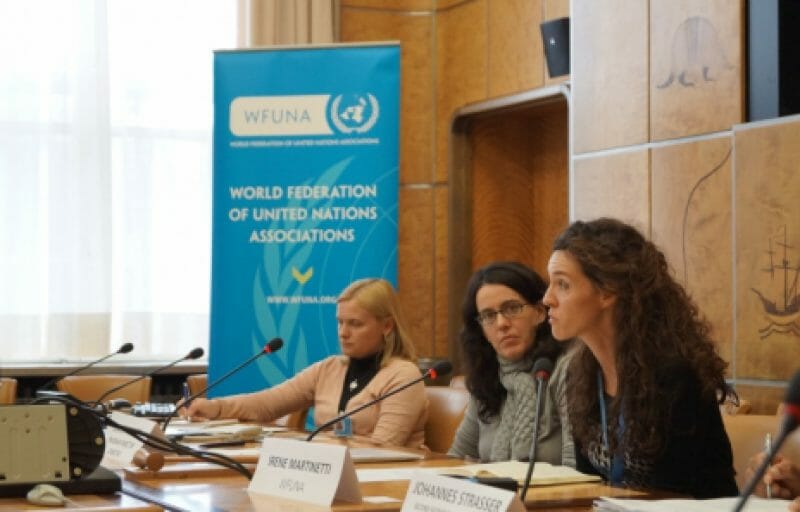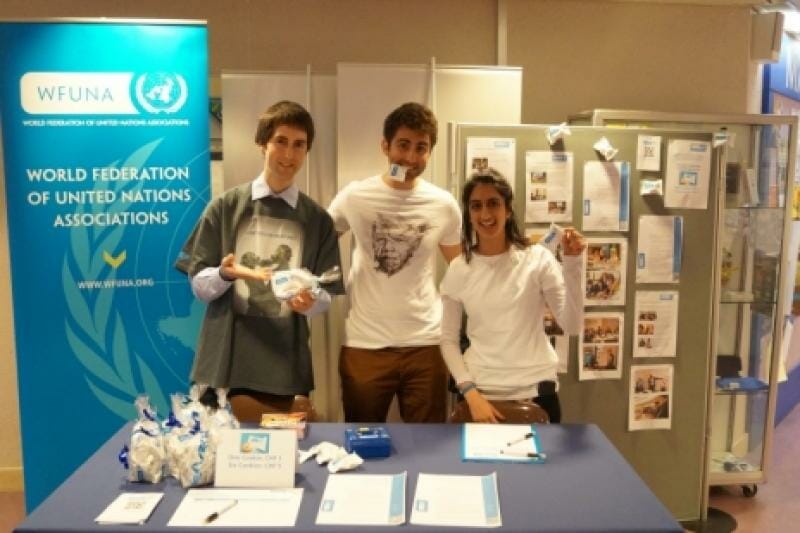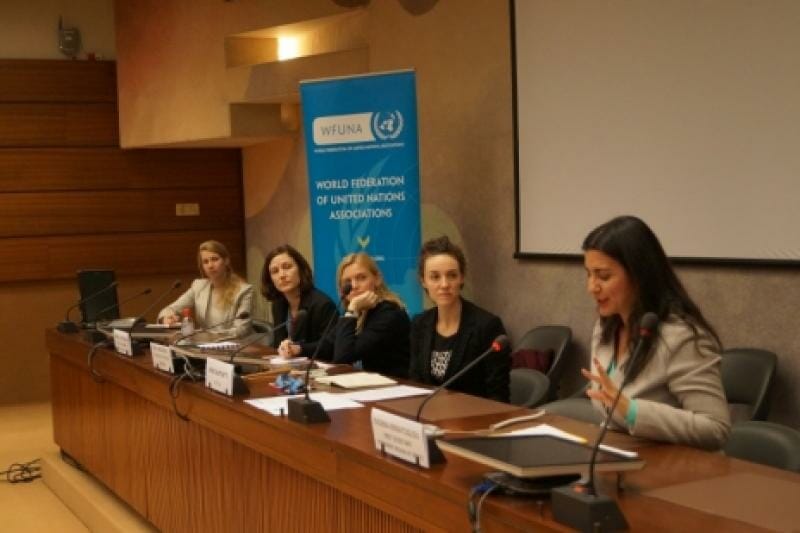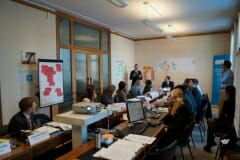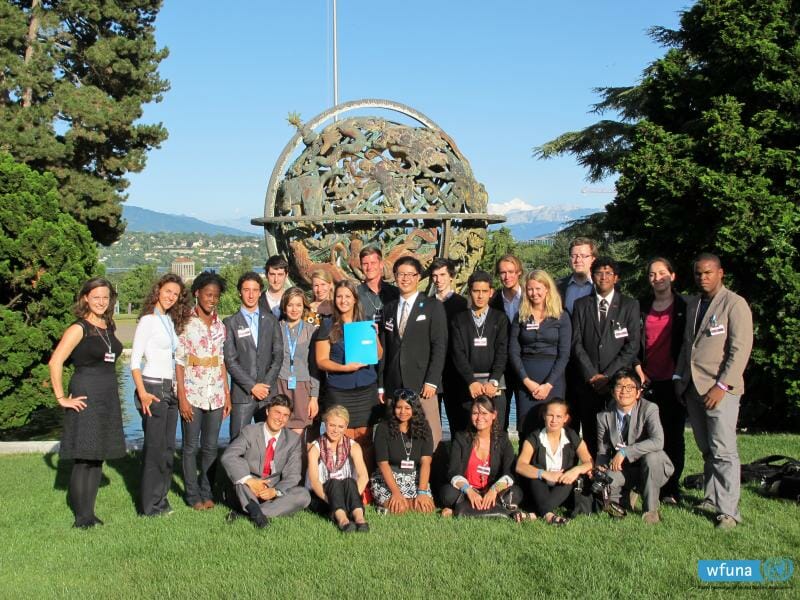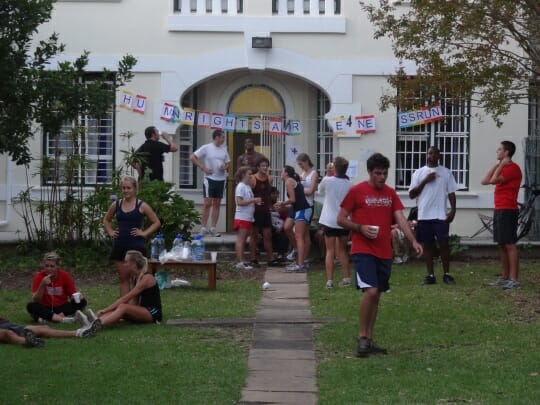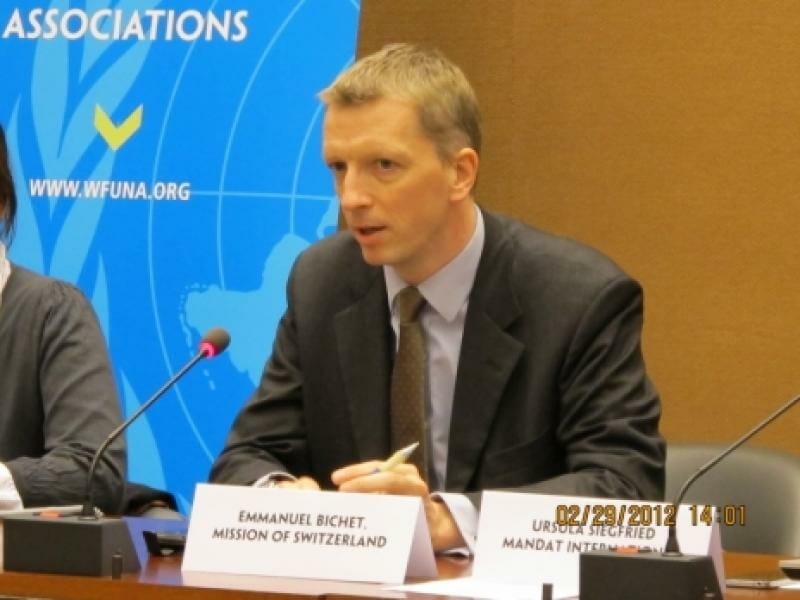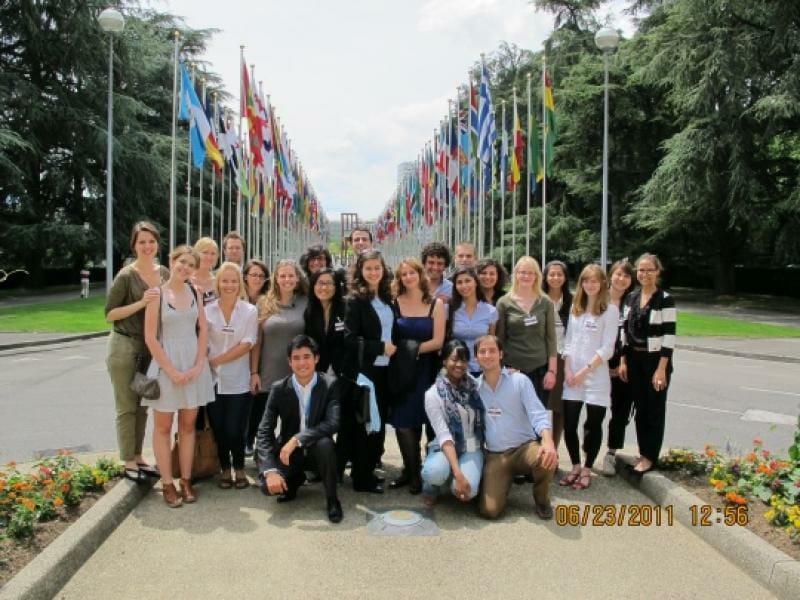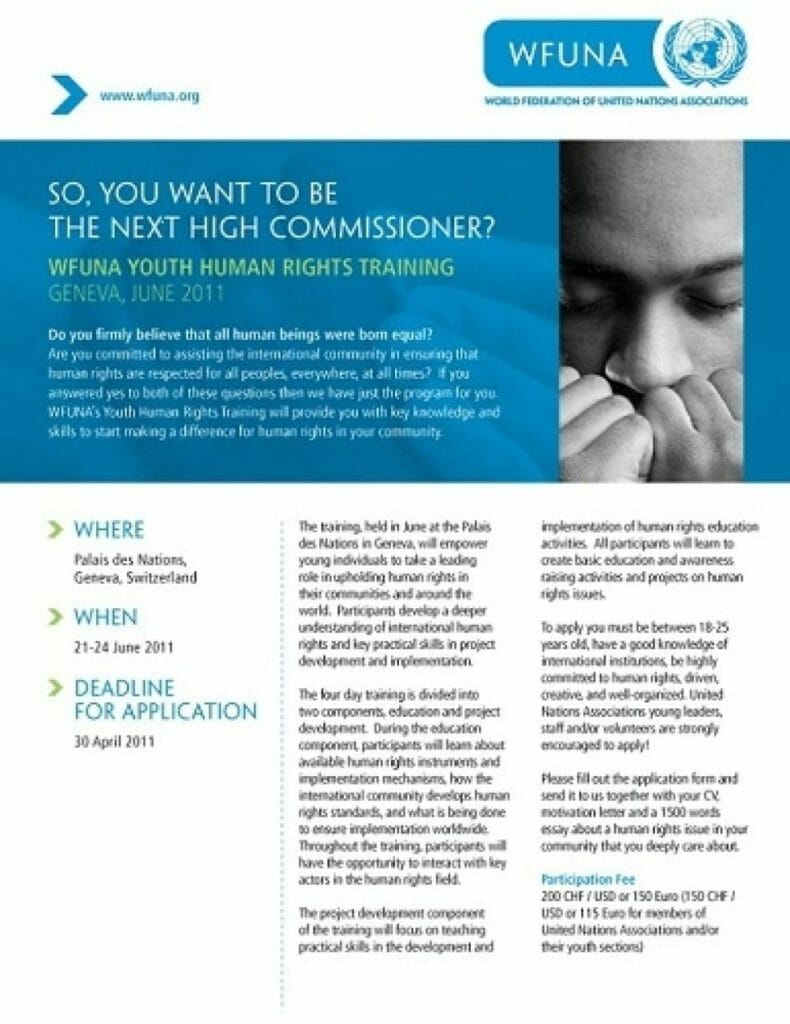More than a thousand participants from over 100 countries gathered in Geneva this year for the Second UN Annual Forum on Business and Human Rights (2-4 December 2013), to collectively assess global progress in the implementation of the UN Guiding Principles on the issue.
Established in 2012 by the Human Rights Council and placed under the guidance of the UN Working Group on Business and Human Rights, the annual three-day multi-stakeholder Forum is a unique venue for bringing together business, Governments, civil society and affected individuals in one space to promote dialogue and cooperation on the subject.
With over 1700 people registered, this year’s meeting was the largest-ever meeting on the issue. Discussions explored the current situation of human rights in the digital domain, international investment, agroindustry, employment and recruitment, global supply chains, as well as public and private finance. An additional focus of the 2013 Forum was placed on key human rights issues such as victim’s access to judicial and non-judicial remedy, and rights defenders confronting business-related violations.
In addition to the official sessions of the Forum, Governments, businesses, civil society, indigenous peoples, academics, lawyers and national human rights institutions organized some 25 side events as well as a self-organized single stakeholder pre-Forum session on the 2nd of December, including introductory trainings on the UN Guiding Principles. On the opening day, the Forum welcomed Nobel Prize winning economist Joseph Stiglitz, who gave a valuable economic perspective on Business and Human Rights. He strengthened that since its establishment, the UN Guiding Principles encourage Business to seek remedy and mitigate Human Rights impacts however accountability has to be ensured by stronger laws and regulations.
On the closing session, Mary Robinson, former President of Ireland and former High Commissioner for Human Rights pointed out that all Businesses have the responsibilities, to set up policies to protect rights, including climate change and UN Guiding Principles therefore should be implemented to climate change.



